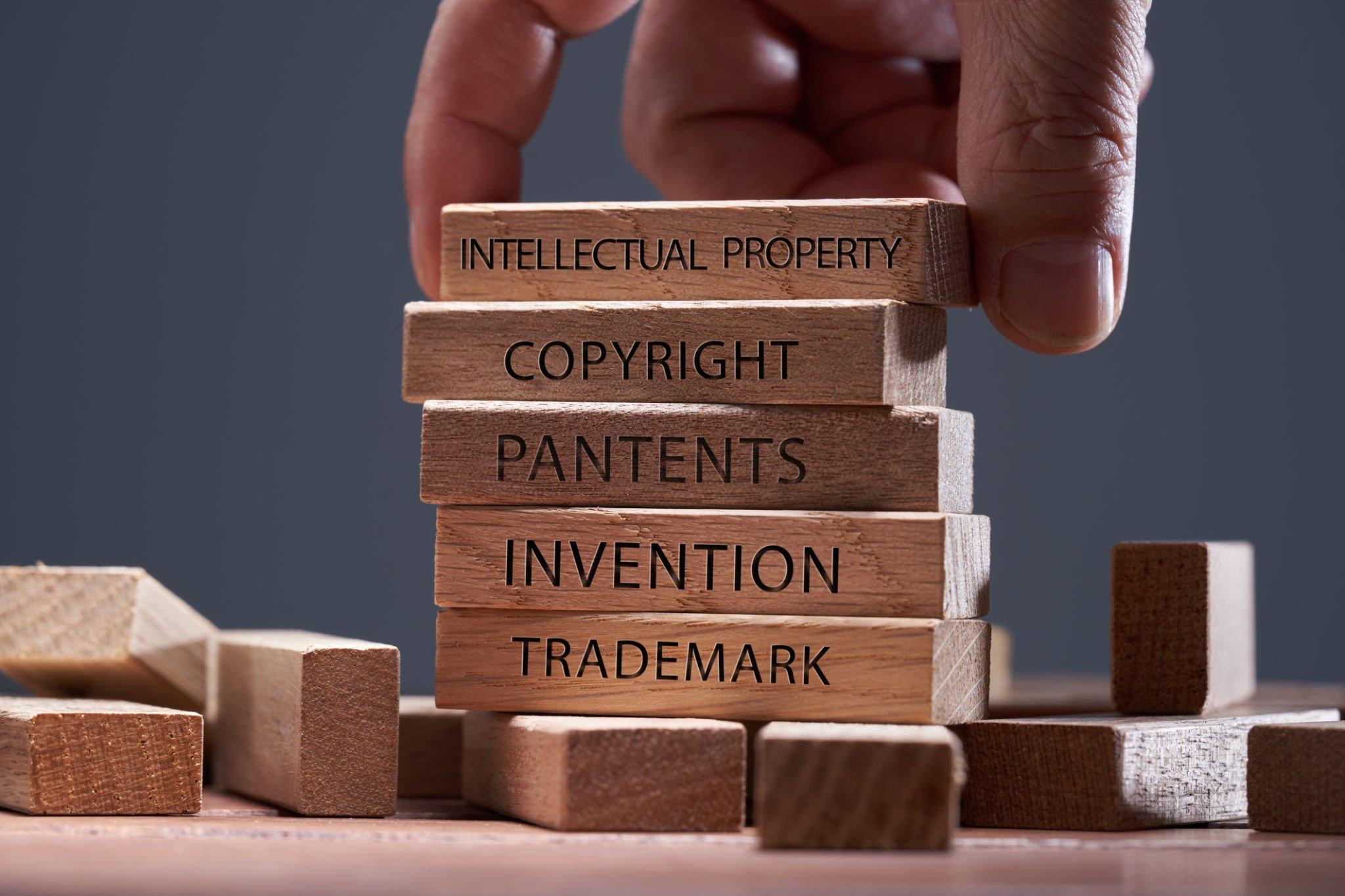When it comes to intellectual property, there are several ways to protect your creations. Copyright, trademark, and patent are three of the most common forms of protection, but they are not interchangeable. Instead, each serves a specific purpose and provides a different type of protection. In this blog, we’ll take a closer look at each of these forms of intellectual property protection and explore how they differ from one another.
What is a Copyright?
A copyright is a form of legal protection that gives the creator of an original work the exclusive right to control how that work is used, copied, and distributed. This includes books, articles, music, movies, photographs, and other creative works. The owner has the right to decide who can use their work and under what circumstances. In other words, if you own the copyright to a song, you have the exclusive right to perform, record, distribute, or license the song to others.
The copyright protection lasts for a set amount of time, after which the work becomes part of the public domain. However, the duration of the copyright varies depending on the type of work and the country in which it was created. In the United States, for example, the copyright protection for a work created by an individual lasts for the author’s life plus 70 years.
What is the Difference Between Copyright and Trademark?
Copyright safeguards original creative works, while trademarks safeguard words, phrases, symbols, or designs as identifiers for a specific product or service. In essence, trademarks offer protection for branding. A trademark can take the form of a word, a catchphrase, a logo, a product name, or even a distinct sound or scent.
A trademark should be registered with the United States Patent and Trademark Office (USPTO) to be legally protected. The act of registering a trademark grants the owner exclusive rights to use the mark and prohibits others from using it in a way that could confuse the original product or service.
Another notable difference between copyright and trademark lies in their areas of protection. Copyright shields the creative expression of an idea, whereas a trademark safeguards the business reputation and goodwill linked to that idea. For instance, a song may enjoy copyright protection, but the name of the band that performs the song may be covered by trademark.
What is the Difference Between Copyright and Patent?
While copyright and trademark protect creative works and branding, respectively, patents protect inventions. A patent is a form of legal protection that gives inventors the exclusive right to manufacture, use, and sell their invention for a set period of time. Patents are granted for new and useful processes, machines, and compositions of matter.
Unlike copyright, patent protection is not automatic. Inventors must apply for a patent with the USPTO, and the application process can be complex and expensive. However, once a patent is granted, the inventor has exclusive rights to the invention for a set period of time, usually 20 years from the date of filing.
One of the key differences between copyright and a patent is that patents protect functional aspects of an invention, while copyright protects the creative expression of an idea. For example, a novel may be protected by copyright, but the process of manufacturing a new type of plastic may be protected by patent.
Get Experienced Help with Your Intellectual Property Needs
If you’re an artist, inventor, or entrepreneur, it’s important to understand the different types of intellectual property protection available to you. At Saltiel Law Group, we specialize in helping our clients navigate the complex world of intellectual property law. Whether you need help registering a trademark, filing a patent application, or defending your copyrights, we have the experience and expertise to help you protect your ideas and creations. Contact us today at 305-735-6565 to learn more.

